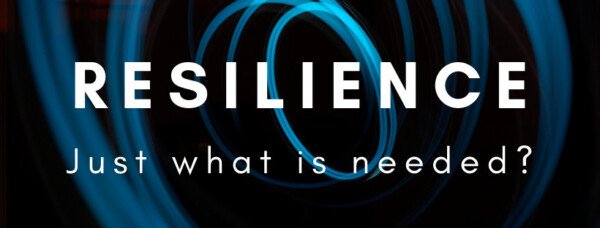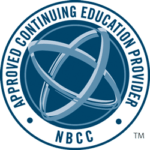In this era of toxic stress, trauma, and over-worked threat response systems what do you imagine is most needed? Here’s my argument for resilience, and by this I don’t mean makeovers and body augmentations. No image managing here.
So, what is resilience?
Resilience is not about ethical or moral dilemmas, but it does require attention to ethics and morality. It isn’t about creeds, confessions, or contracts either, but it does demand decision making in tough times.
Human resilience is sustained persistence through shifting resistance.
You might want to read that last sentence again; this time a little slower.
In the midst of fluctuating conditions, castaways afloat in the sea of change, the individual is alerted by heightened senses of uncertainty. Without predictability daily living soon devolves into nightmares.
What is needed is not another set of rules. No. No more rules and no more behavior charts. What we need, really need are virtues. When one is hanging by a mere thread, virtues – not rules – are our sources for survival.
Rules require compliance, while virtue is the vanguard to competence. Rules expect efficiency, but it’s virtue that cascades capacity.
More than anything, what is needed to reduce stress, metabolize toxicity, and restore balance are virtues like:
- Living an integrated life,
- Felt sense of safety,
- Relational connectivity,
- Intellectual ascent,
- Intentional response
- Rhythmical and synchronized routines,
- Mutually supporting,
- Voluntary kindness,
- Personal empowerment,
- And ancient wisdom.
For each, there must be the ever-present character of abiding adaptation and inclination. In other words, it is not enough to model or adorn the behavior. One must be virtuous – authentically and predictably.
For virtues to be truly virtuous they must possess the character of skill. Skill is learned. Skill is practiced. Skill comes from experience and example. Skill grows. Skill wobbles before it crawls, and crawls before it learns to leap. Most important, skill is a character everyone can master. Just like a writer experiments with words; just like a sculptor casts aside marble with unintended cracks; so too we humans must navigate these seas of change till we, as Celia Deane-Drummond says, “discover coherence out of the contingent and unanticipated details of our own life’s journey.”
Some might want to point out that what is needed is faith and while faith is essential, it evidently isn’t sufficient on its own. According to one Apostolic writer from the 1st Century we should be adding to or supplementing our faith with virtue (2 Peter 1:5).
What we need comes to us slowly and moves us along just as slowly. As another guy named Pete, along with his friend Arlo, once sang, “Inch by inch, row by row, gonna make this garden grow.”
Rules get broadcasted and socialized in the media.
Virtue, on the other hand, is tacit; quiet and unassuming.
 Roderick Logan, DPTh, CCTS, CFTP, FFTT
Roderick Logan, DPTh, CCTS, CFTP, FFTT
Senior Faculty at Arizona Trauma Institute and Trauma Institute International
Blog host of Trauma Informed Parenting
Trauma & Recovery Specialist Making Space to Heal
Dr. Logan has more than 30 years experience as a trainer and facilitator. He holds a Master’s in Biblical Counseling and a Doctorate in Practical Theology. His trauma certifications CFTP and CCTSF are with TII and IATP. He is prolific at presenting transformative care principles and life skills for paraprofessionals, non-clinical caregivers and industry leaders desiring to change within their culture. Roderick is proud to be part of a community of healers seeking to prevent toxic stress, raise awareness of Adverse Childhood Experiences (ACEs) and support trauma recovery and resiliency building. As a trauma specialist, he works routinely with foster and adoptive parents, grieving families dealing with loss, and caregivers seeking to become trauma informed.



